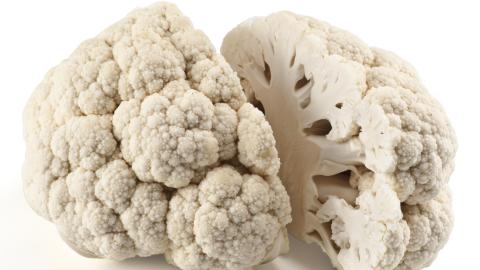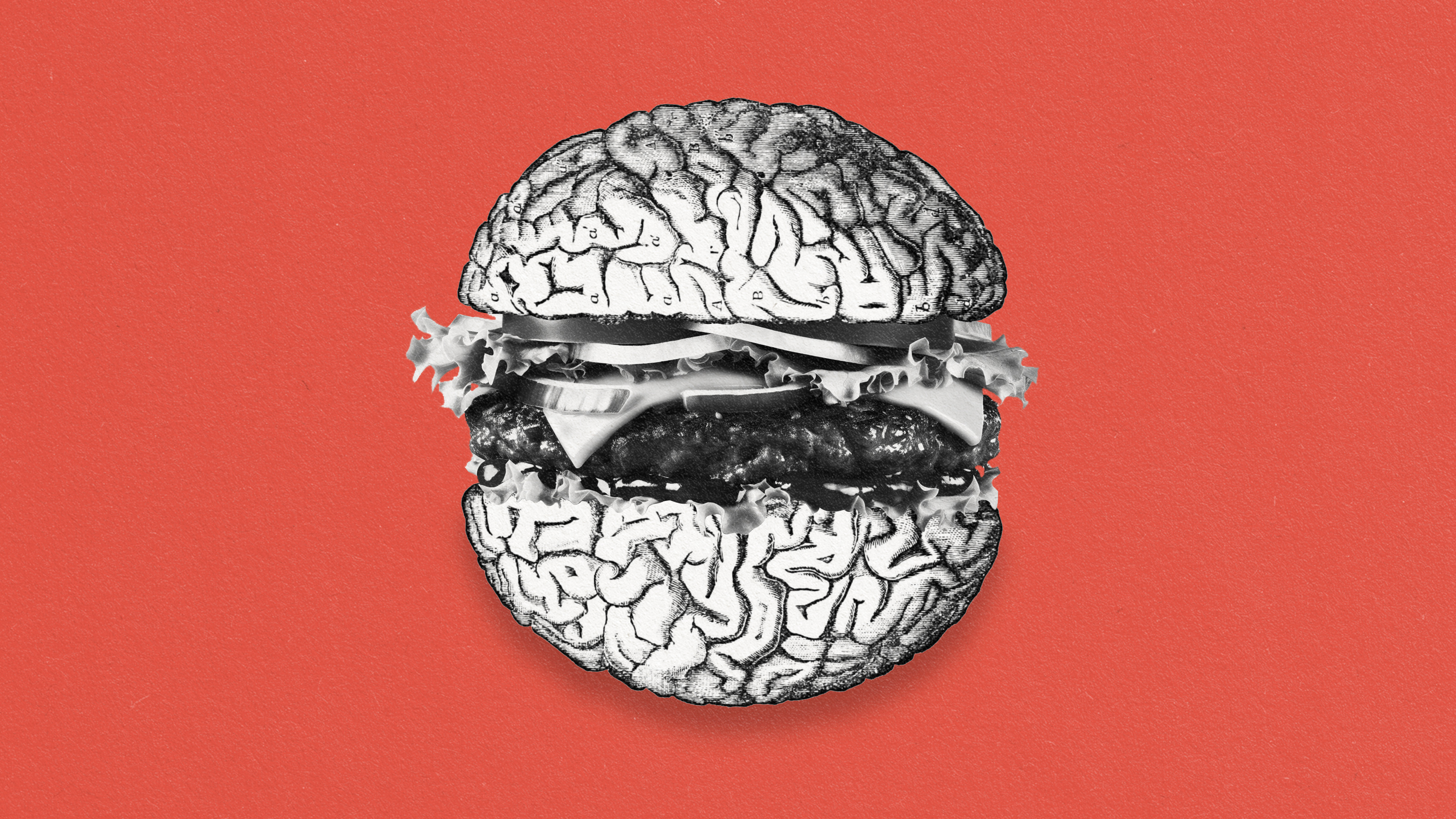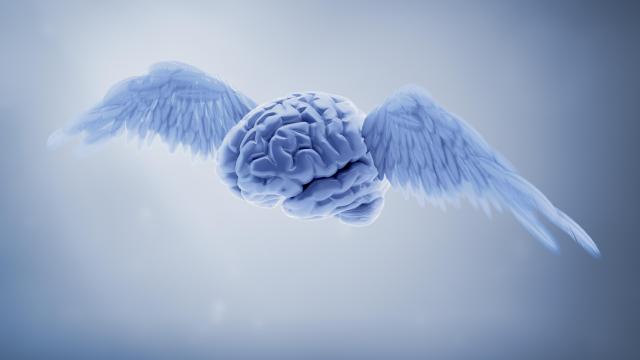Can Neuroscience Conquer Obesity?

What’s the Latest Development?
The neuroscience of eating is a budding field that may have profound implications for how we understand, and ultimately defeat, the public health menace that is obesity. Regulating our food intake may require a better understanding of the brain’s pleasure centers. “Pictures of mouthwatering foods can activate brain-reward pathways and stimulate the urge to eat—a response that is often countered by simultaneous suppression signals from ‘executive control’ centers elsewhere in the brain. In obese individuals, though, the ability to suppress the initial brain-reward signals is often impaired. Thus, biological changes in the brain’s capacity to control our drive to eat might serve to perpetuate obesity.”
What’s the Big Idea?
Ultimately, it remains unclear whether greater understanding will be enough to overcome the potentially harmful changes we have made to our food environment. “Our brains were designed for a time when food was scarce and starvation was a common cause of death. While too much hunger remains in modern times, most people in the United States face a challenge opposite to what our distant ancestors faced. Natural selection has not wired us for a scenario in which food is abundant, relatively inexpensive and often high in calories.” Still, knowledge about how our new environment affects us may be an important first step.
Photo credit: Shutterstock.com





